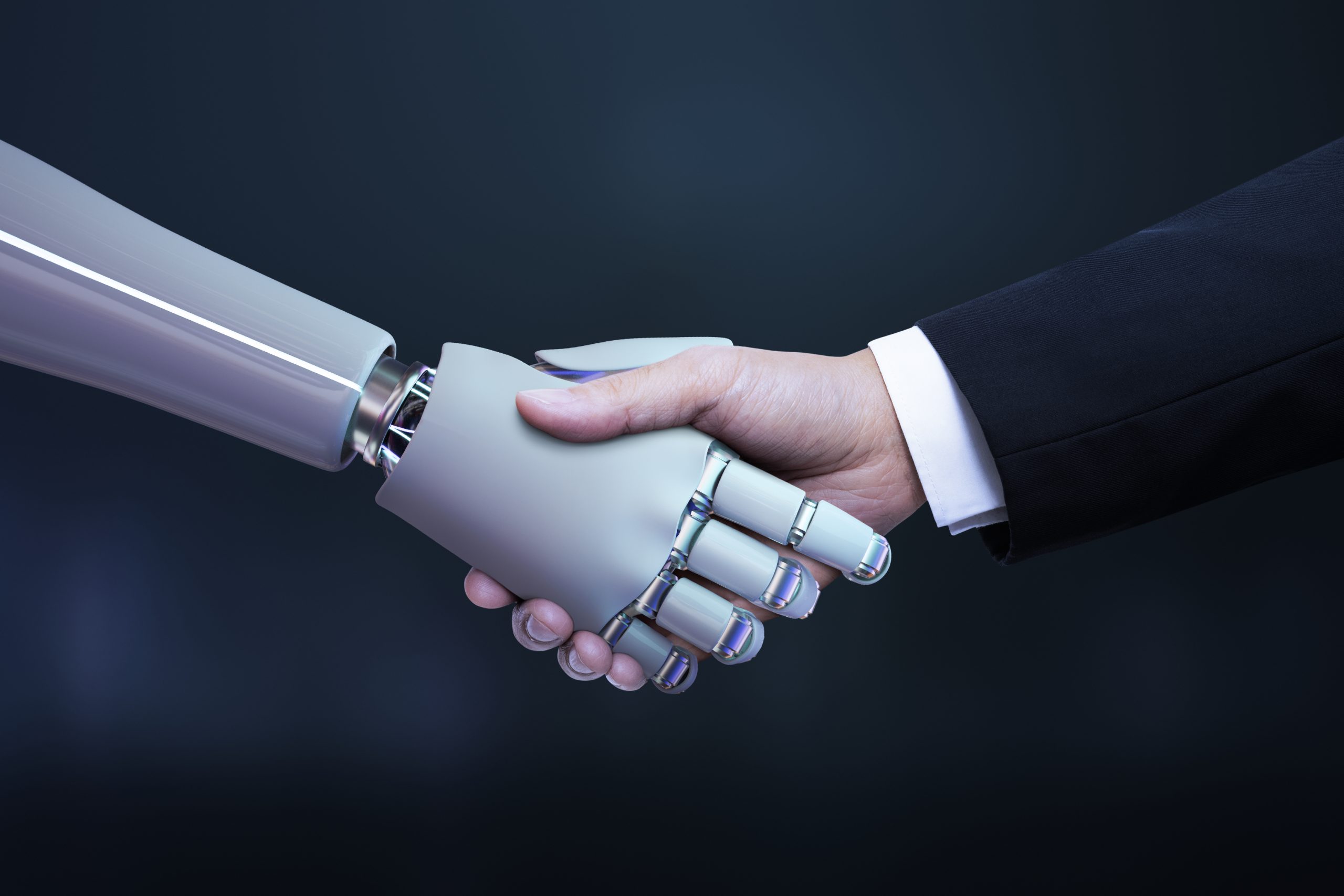There’s a lot of headlines about AI these days: robots, driverless cars, drones, and virtual assistants to name just a few. It all sounds like tomorrow’s world happening today, doesn’t it? But how are companies making the most of AI? Let’s step out of the rarefied headlines and take a look at some practical examples of how AI has been used with great success to improve the bottom line for companies.
eBay
AI is being used by eBay to build trust with customers and offer them a personalized experience like never before. Known for being the first online global market place and first mobile store, eBay has vast numbers of customers (168 million active users in the 3rd quarter of 2017). This is good news for the company, but how do you keep it personal when you have so many customers to cater to? This is where AI steps in; by learning from customer behavior over time, it facilitates a deeply personal approach that anticipates customer desires. AI helps the company deal with large information problems that are crucial to understanding the market and the future of e-commerce.
Netflix
Netflix implements AI for precision marketing. It learns about individual customers from historical data and suggests videos and shows that match their preferences. Netflix also uses AI for top rankings, trending now, recommendations, personalized search and continue watching features of its services. It goes even further by picking the cover picture for a movie based on your profile. Suppose Netflix recommends the latest summer blockbuster to a viewer. If they like drama and romance, it will show a cover picture of a romantic shot of the two leads, while it will display an action scene for action lovers. Talk about tailored to preference.
Vodafone
Vodafone’s goal in using AI was to allow category managers to spend less time analyzing data and more time on decision-making. A digital supply management house helped change how employees work. The company’s experience with machine learning showed them AI truly required a multi-disciplinary team to work well and bias can seep into machine learning, so it is important to pay attention to the values you want the machine learning to reflect.
Phrasee
Phrasee is a company that offers enterprise marketing AI solutions by using deep-learning technology (AI) to generate marketing language for emails that ideally outperforms human writers. For instance, their deep-learning technology determines which subject in an e-mail will give the best result. Their claim is that AI can predict the most effective marketing language to use. This is backed by data and science, not mere human instinct. Phrasee has found that AI has the most powerful impact when it is invisible.
Booking.com
Booking.com is one of the larger, popular internet companies in the world today. It strives to be the best choice for travelers and handles 1.4 million reservations a day. This requires a lot of information retrieval and customers interact with the site over a period of time to do so. The company applies Machine Learning (ML) across a range of areas such as accommodation recommendations, suggested destinations, demand prediction, optimal bidding and fraud detection. It also uses 46 languages and detects urgent topics. Interestingly customers are not aware that they are dealing with AI.
While these real-world examples debunk many fears around AI, it’s also important to address the broader misconceptions that still hold businesses back. Our breakdown of the three most common AI myths highlights how false assumptions about cost, complexity, and control can stall innovation.
These are examples of AI at work on a daily basis to boost the products or services a company offers, often in an invisible fashion. Perhaps AI can work for you too. Our next-gen, AI-powered content intelligence platform RAPFlow in tandem with our RPA solution RAPBot, provides end-to-end workflow automation capabilities that can be deployed in just a week. Please book a demo to explore how RAPFlow and RAPBot can transform your business.





